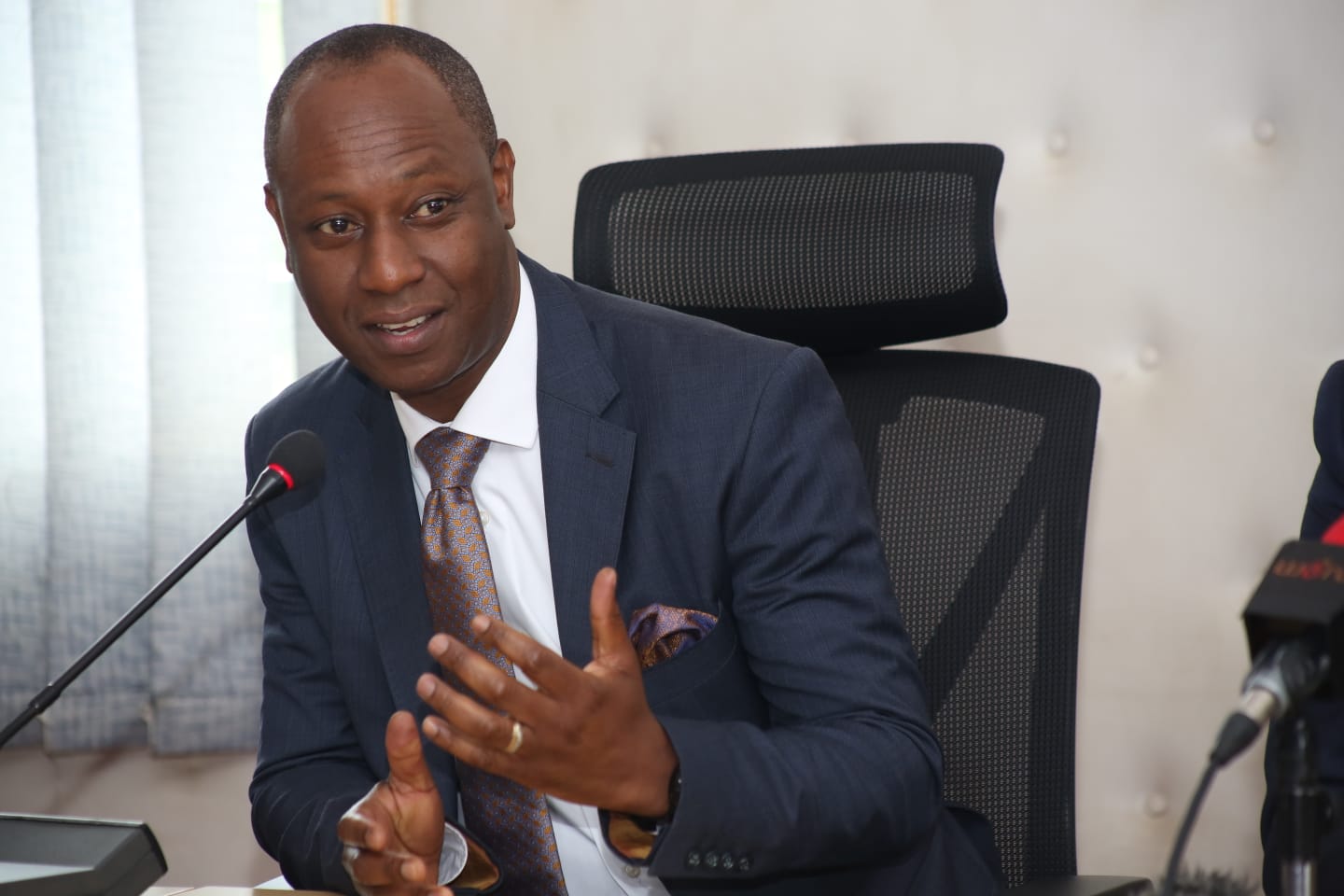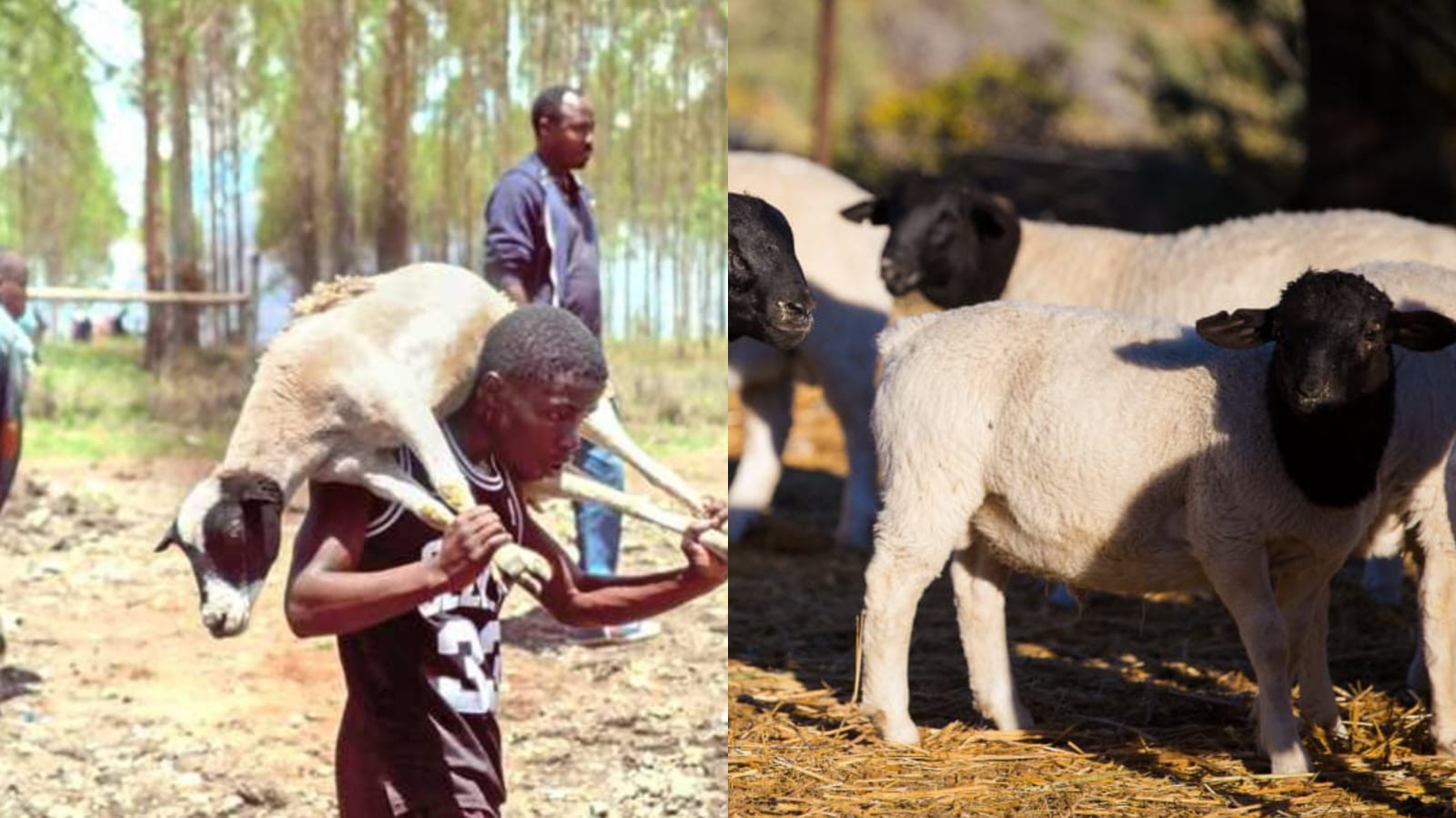The government and other development partners are implementing the DRIVE project to enhance resilience against ravages of drought to reduce conflict among pastoral communities and facilitate livestock trade across common borders.
The De-risking, Inclusion, and Value Enhancement (DRIVE) of the pastoral economies is a project which has been designed by the Government of Kenya in partnership with the regional governments of Ethiopia, Somalia, and Djibouti, under the framework of the Horn of Africa initiative (HOAI).
State Department for Livestock Development Principal Secretary (PS) Jonathan Mueke said that in Kenya, the DRIVE project has two components with a budget of USD 140 Million (Sh19.7 billion) with component one being de-risking pastoral production through a package of financial services.
Speaking on Monday during a stakeholders meeting, the PS said that the objective of this component is to protect pastoralists against recurring drought shocks with a package of financial services, including drought index insurance, savings for resilience, digital accounts, and financial education and awareness creation.
Mueke explained that ZEP-RE (PTA Reinsurance Company), the regional implementing agent, is delivering on this component through collaboration with the government, development partners and private sector companies.
“Countries in the region consulted and agreed that component one require regional implementation because pooling risk from different countries will lower each country’s operational and premium cost and countries will be able to share the risk infrastructure required to implement the project,” said the PS.
He added that component two incorporates Livestock Value Chains and Trade Facilitation, with a budget of Sh7.5 billion and it has the objective of connecting pastoralists to better markets with better quality infrastructure, trade facilitation, and improved logistics.
“The implementing agent for component two is through the Kenya Development Corporation (KDC), with a Sh4.6 billion budget and State Department for Livestock (SDL) with Sh2.8 billion,” said Mueke.
The PS explained that during the October, November, December 2022 season, over 17,000-pastoralists in four Counties of Wajir, Garissa, Tana River, and Samburu registered for insurance and the Government through the DRIVE project paid a subsidy of 80%, amounting to Sh192 million for premiums which was to mitigate the drought effects experienced during this season.
He added that the four governments are currently implementing the World Bank funded project. In Kenya, the project is funded through a credit facility from the World Bank and implemented by the State Department for Livestock (SDLD) in partnership with the private sector (ZEP-RE Reinsurance and the Kenya Development Corporation (KDC).
“The DRIVE project will build the resilience of pastoral communities in Kenya, Ethiopia, Somalia and Djibouti. About 250,000 households are expected to benefit from the project representing 1.6 million pastoralists and their dependents across the four countries over a five-year period,” he said.
The PS explained that in Kenya, over 150,000 pastoralists are expected to benefit from the project across the Arid and Semi-Arid Lands (ASALs).
The project is also expected to create markets around the livestock value chain, enhance regional cooperation and peace building, climate mitigation (improvement, fodder conservation, and increased productivity), and close the gender gap in access to financial services.
“The DRIVE Project, is indeed a demonstration of this government’s effort to build resilience and increase income of pastoralists, reducing their vulnerability to poverty and expenditures required during droughts,” said the PS.
He highlighted that the National Disaster Risk Financing Strategy being implemented by the National Treasury aims to increase the ability of the government to respond effectively to disasters, protecting development goals, fiscal stability and wellbeing of its citizens.
“An estimated 13 million pastoralists and agro pastoralists are vulnerable to drought shocks. This program will improve financing capacity by strengthening and expanding the government’s portfolio of disaster risk financing instruments,” said the PS.
Mueke said that the livestock sector is an important pillar in Kenya’s food system and a contributor to poverty reduction, food security and agricultural development.
The PS said that the sector contributes between 10 to 13 percent of national GDP and employs up to 50 percent of the agricultural labor force. In ASAL Counties, the sector supplies 90 percent of employment opportunities and 95 percent of family income and food security.
He said that the pastoral region is the primary source of meat products, and pastoralists own 70% of national livestock production valued at over Sh100 billion and over Sh150 billion when trade is included.
“Climate change, severe droughts, inadequate water resources, pasture and quality feeds, underdeveloped breeding and management of livestock, lack of proper marketing channels and socio-economic constraints are some of the challenges affecting the livestock sub-sector,” said Mueke.
He explained that in the last drought, pastoralists lost about 2.5 million animals and the government is looking at possible ways of restocking which include buying animals from where they are available internally and regionally and breeding.
Garissa Governor Nathif Jama who is also the Council of Governors (CoG) committee chair for ASAL and Disaster Management said that the DRIVE project would go a long way in mitigating the risks of drought so that they do not face the severe effects like the ones of the previous drought.
Jama said that provision of insurance cover and financial support for pastoralists is very timely seeing that drought has become a recurring occurrence.
“The current situation on the ground in the 21 counties that the project is covering is that some got good rains in the just concluded rainy season and there is not so much cry but it is now getting hot in the region and thus the need for the project to be rolled our quickly in preparation of any eventuality,” said Jama.


